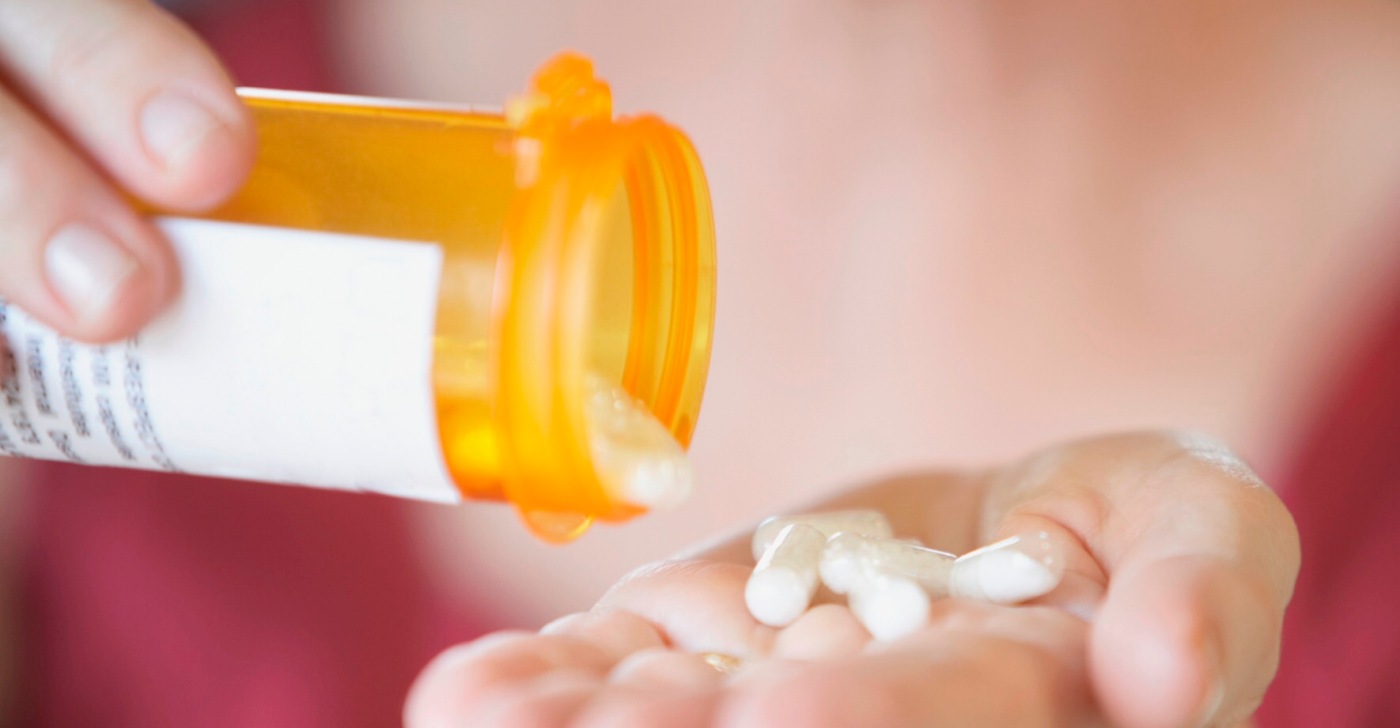I am a high-functioning person living with mental illness, but this doesn’t mean I’m totally asymptomatic.One of the things I struggle most with is impulse control. I have horrible impulse control. When I want it, I want it now. I have such knee-jerk reactions, and I make decisions without thinking them through. I get so stuck on an idea that I just can’t put it to rest until I do something about it.
A lot of people I’ve talked to with bipolar seem to experience the same thing, even if they are on a good medication regimen. I stick to my routine. I take my meds every day. I get enough sleep. But still, my mood disorder is there, underneath the meds, the routine and the sleep.
It took me a long time to realize even though my bipolar is well managed, it still affects me. I seemed to think for a while I was doing so well that I was “cured.” I know there is no cure for bipolar. It is a lifelong disorder, with episodes coming over the years. I am extremely fortunate to be as stable as I’ve been for the last six years. Many people with bipolar don’t get that lucky.
Most people with mental illness struggle for years, trying to get the right diagnosis or trying to get access to appropriate mental health care. They try medication after medication, and it doesn’t work or the side effects are so bad we can’t tolerate the medication.
One of the biggest problems with people diagnosed with bipolar disorder is they fall into the same trap I did. When they get on the right medication, they feel cured. They think it’s over; everything is better so I can stop taking my medication. That couldn’t be further from the truth.
I applaud people who have learned to deal with mental illness in natural, holistic ways. However, for me, and most other people with severe mental illness, we need medication. We need to keep taking our medication. I have accepted I will be on medication for the rest of my life for my mood disorder. Do I like it? No. Yet, I don’t like my heart medication, and I still take that. There is such a stigma around taking medication for a mental illness.
Recently, Olympian gold medalist Simone Biles had her medical records hacked and it was shown she is taking ADHD medication. She has come out and been vocal about the issue, and she has brought attention to the fact there is no shame in taking medication for mental illness. It is the same as any other illness.
So why is it different when we need to take psychotropic medication? Why is that shameful? The short answer is: It’s not. It’s not shameful. It’s not for everyone, but for people who need medication for a mental illness and choose pharmaceuticals as a treatment option, there is no shame. The shame comes from the stigma. The shame comes from ignorance, from people who don’t understand.
I stand loud and proud that I take medication for my mood disorder, and I have never gone off it. It allowed me to complete a bachelor’s degree and a master’s degree. Without it, I truly believe I would have died due to suicidal thoughts, which I was close to before getting on the right medication. Mental illness is more prevalent than you think, and someone you know most likely lives with a mental illness. If you have a friend who is struggling, then reach out to them. A simple text to let them know you are thinking of them can make the difference between a bad day and a good day.
Let’s take the stigma out of mental illness and medication. I’ve seen so many positive articles and people bringing awareness to mental health, to the point that it is even being addressed in the presidential election. Let’s continue the conversation around mental illness. Let’s get people the help they deserve. Whether it’s a veteran struggling with PTSD or an Olympian gold medalist with ADHD, we all deserve to live the best life possible, and sometimes that requires medication.
If it makes our quality of life better, then that should be the most important thing. If it means we can hold a job, have quality relationships and function in society, then that’s what it takes. There’s no shame in that. It’s not a crutch. It’s a disease. We are not less than you because we take medication.
Too many people are afraid to talk about their mental illness or medication because of the stigma around it and how people respond. I’ve experienced it. People treat you differently once they find out you are one of those “crazies.” Doctors judge you when they see it in your medical file.
We are people. We are humans. We happen to have a disease. That does not make us less. In fact, it makes us stronger. It means we are able to triumph over adversity. It means we are resilient. It means we haven’t given up. So don’t give up on us.
This article originally appeared on The Mighty, as written by me.
If you enjoyed this don’t forget to like, comment and share!
Click here to like us on Facebook
Click here to follow us on Twitter
Click here to ask questions or make suggestions
© 2016 WarriorPrincessCait.com ALL RIGHTS RESERVED

October 25, 2016 at 9:52 pm
Thank you for speaking out to change the conversation about mental illness.
LikeLiked by 1 person
October 26, 2016 at 9:21 pm
It has to be had!
LikeLiked by 1 person
January 19, 2017 at 1:41 pm
Thank you for sharing your wisdom. Very helpful
LikeLiked by 1 person
March 5, 2017 at 7:50 am
This post is amazing and I agree awareness needs to be raised.
LikeLiked by 1 person